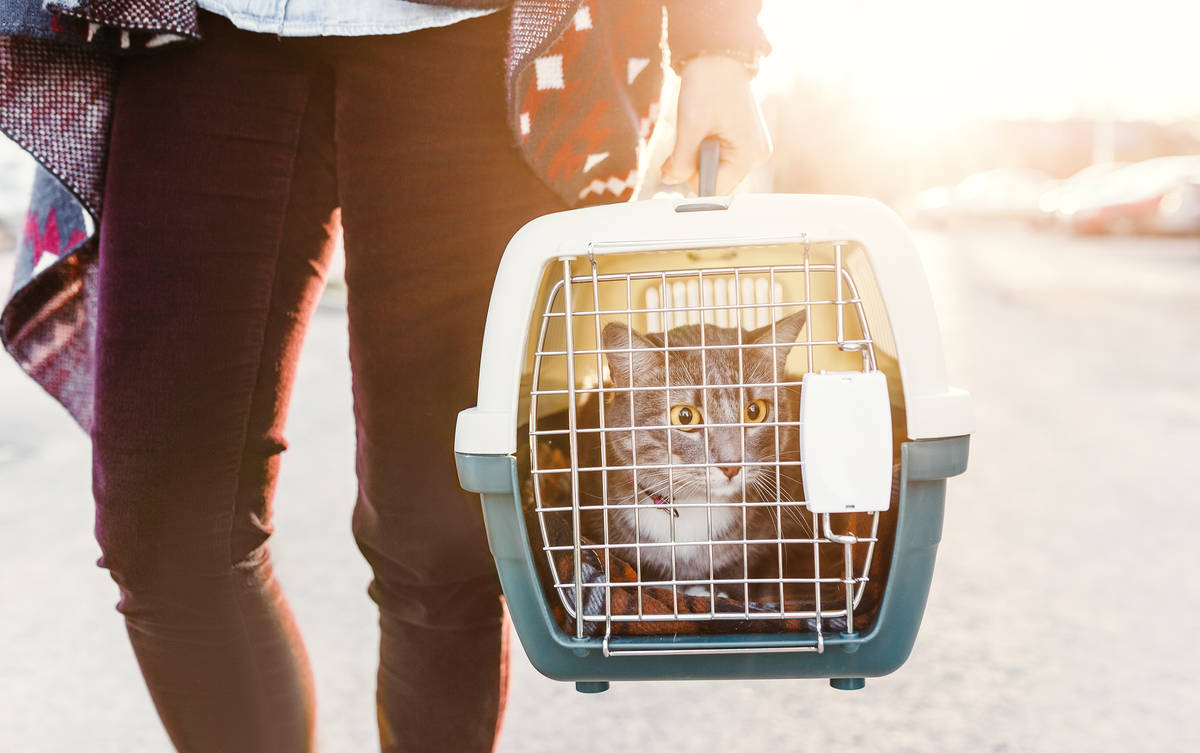
The first confirmed cases of the virus that causes COVID-19 in household pets was confirmed Wednesday, April 22 by the Centers for Disease Control and Prevention, and the U.S. Department of Agriculture’s National Veterinary Services Laboratories.
The cats, who live in separate areas of New York state, had mild respiratory illness and are expected to make a full recovery. Infections have been reported in very few animals worldwide, mostly in those that had close contact with a person with COVID-19.
At this time, routine testing of animals is not recommended. State animal health and public health officials will take the lead in making determinations about whether animals should be tested for the novel coronavirus.
In the New York cases, a veterinarian tested the first cat after it showed mild respiratory signs. No individuals in the household were confirmed to be ill with COVID-19. The virus might have been transmitted to this cat by mildly ill or asymptomatic household members or through contact with an infected person outside its home.
Samples from the second cat were taken after it showed signs of respiratory illness. The owner of the cat tested positive for COVID-19 prior to the cat showing signs. Another cat in the household has shown no signs of illness.
Both cats tested presumptive positive for the virus at a private veterinary laboratory, which then reported the results to state and federal officials. The confirmatory testing was conducted at NVSL and included collection of additional samples. NVSL serves as an international reference laboratory and provides expertise and guidance on diagnostic techniques, as well as confirmatory testing for foreign and emerging animal diseases.
Such testing is required for certain animal diseases in order to comply with national and international reporting procedures. The World Organization for Animal Health considers COVID-19 an emerging disease, and therefore USDA must report confirmed U.S. animal infections.
There is no evidence that pets play a role in spreading the virus in the United States. Therefore, there is no justification in taking measures against companion animals that might compromise their welfare. Further studies are needed to understand if and how different animals, including pets, could be affected.
The CDC recommends not letting pets interact with people or animals outside the household, keeping cats indoors when possible, walking dogs on a leash with at least 6 feet of distance between other people and animals and avoiding dog parks and other public places where a large number of people and dogs gather.
Pet owners with a suspected or confirmed case of COVID-19 should restrict contact with pets, and wear a face covering if you must care for the pet, washing hands before and after interactions.
Performing this animal testing does not reduce the availability of tests for humans.